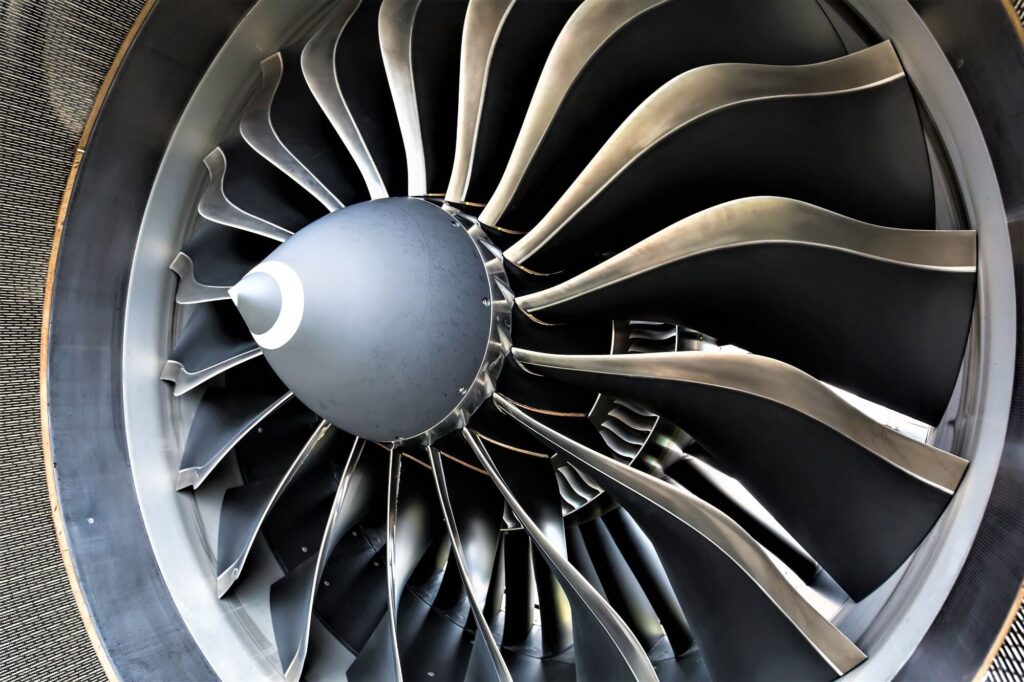The Federal Aviation Administration (FAA) has issued a new notice of proposed rulemaking (NPRM) after the US regulator identified defects in the internal components of 13 CFM International Leap-1A turbofan engines.
According to the FFA’s notice of proposed rulemaking (NPRM), which was issued on June 30, 2022, certain engine spools and disks were found to be in an “unsafe condition”.
The issue was detected in 13 CFM Leap1A model high-bypass turbofan engines: the Leap-1A23, the 1A24, the 1A24E1, the 1A26, the 1A26CJ, and the 1A26E1, as well as the 1A29, the 1A29CJ, the 1A30, the 1A32, the 1A33, the 1A33B2 and the 1A35A.
The regulator explained that these defects could result in the release of uncontained debris, damage to the engine and damage to the aircraft if not addressed.
The issue was detected during enhanced inspections performed by the engine manufacturer CFM International, the FAA noted in the NPRM.
“The FAA was notified by the manufacturer of the detection of melt-related freckles in the billet, which may reduce the life of certain compressor rotor stages 6-10 spools, HPT rotor interstage seals, HPT rotor stage 2 disks, LPT stage 1 disks, LPT stage 2 disks, LPT stage 3 disks, and LPT stage 4 disks [life-limited parts, the LLPs ed.-],” the regulator said in a statement.
“Through the manufacturer’s investigation, it was determined that these LLPs may have subsurface anomalies that developed during the manufacturing process, resulting in a lower life capability. As a result of its investigation, the manufacturer determined the need to reduce the life limits of these LLPs. To reflect these reduced life limits, the manufacturer revised the CFM ALS, Chapter 05 of CFM LEAP 1A ESM,” it continued.
The FAA explained that in order to incorporate reduced life limits for these parts, the proposed directive would require “revising the airworthiness limitations section (ALS) of the applicable CFM LEAP-1A Engine Shop Manual (ESM)” alongside the operator’s existing approved continuous airworthiness maintenance program (CAMP).
“This proposed AD would also require the removal of certain LPT stage 4 disks identified by serial number (S/N) prior to their new life limits,” the FAA wrote.
The authority estimated that once the directive is applied it could affect a total of 256 engines installed on US-registered narrow-body planes.

